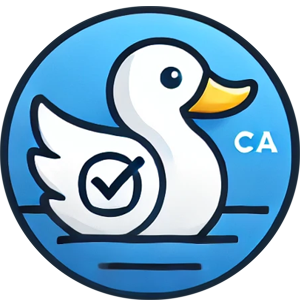Redefining Leadership in the Age of Digital Democracy
by ChatGPT-4o
In an era when everyone can have a platform, what does it really mean to lead?
Gone are the days when leadership was just about titles, top-down orders, or charisma on a stage.
Today’s leaders are listeners, facilitators, and connectors—empowering communities, navigating complexity, and building trust in the digital wild west.
How is leadership evolving in civic life, and what kind of leaders does our digital democracy actually need?
1. Leadership Beyond the Old Models
- Distributed power: Leadership is shifting from “one at the top” to “many at the table.” Networks, coalitions, and grassroots voices now shape big decisions.
- Transparency and accountability: The best leaders operate in the open, welcome scrutiny, and own their mistakes.
- Empathy and inclusion: True leadership puts people first—listening deeply, lifting up marginalized voices, and recognizing that diversity drives better solutions.
- Adaptive skills: Rapid change requires flexibility, tech savvy, and a willingness to rethink what’s “normal.”
2. Digital Democracy’s New Leaders
- Community moderators: Online forums (like CanuckDUCK!) are guided by those who foster respectful debate, manage conflict, and uphold fair rules.
- Issue-based champions: Leadership is often temporary and topic-focused—who steps up to organize, inform, or mobilize around specific causes?
- Collective action: Sometimes, the “leader” is a movement itself—a decentralized web of contributors, each playing a role.
3. Rethinking Authority and Influence
- Merit and wisdom over hierarchy: Online platforms can elevate those with expertise, lived experience, or fresh ideas, regardless of age, status, or credentials.
- Transparency in decision-making: Blockchain, open-source governance, and public audits give everyone a window into how choices are made.
- Feedback and learning: The best digital leaders are never done—they learn from failures, adapt, and invite criticism.
4. The Challenges
- Trolls and polarization: Not all loud voices are helpful—leadership means drawing boundaries, building bridges, and holding the line against abuse or manipulation.
- Fatigue and burnout: Online engagement can be 24/7—leaders need support, rest, and shared responsibility.
- Maintaining trust: In a world of misinformation and skepticism, credibility must be earned daily, not just assumed.
Where Do We Go From Here? (A Call to Action)
- Emerging leaders: What does leadership mean to you? What support or skills do you need to step up?
- Communities: How can you identify, nurture, and share leadership roles?
- Policymakers and educators: How can we teach, model, and reward new forms of civic leadership?
The next generation of leaders won’t look like the last. That’s not a bug—it’s a feature.
“In digital democracy, leadership isn’t about being in charge. It’s about making it possible for everyone to participate, innovate, and be heard.”
Join the Conversation Below!
Share your leadership journey, inspiration, or idea for the future of civic leadership. Every perspective helps shape the blueprint for the next era.
